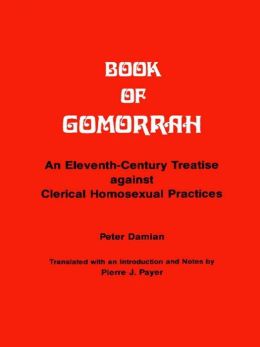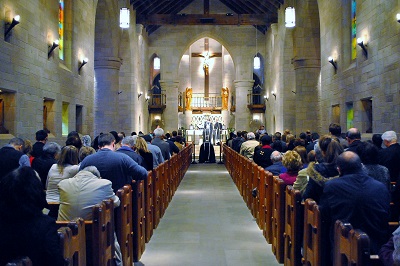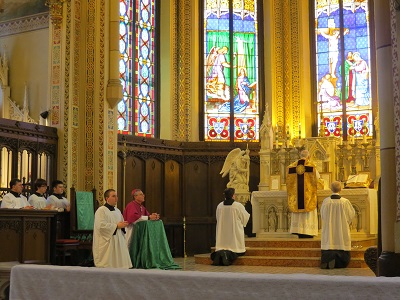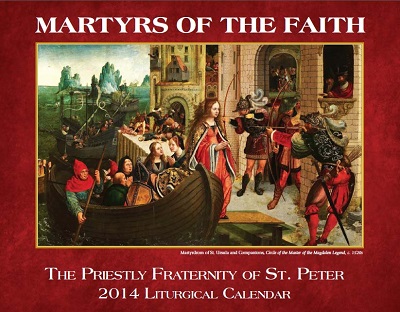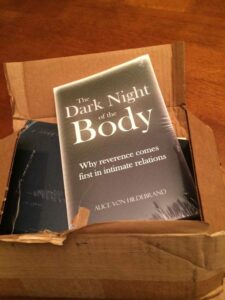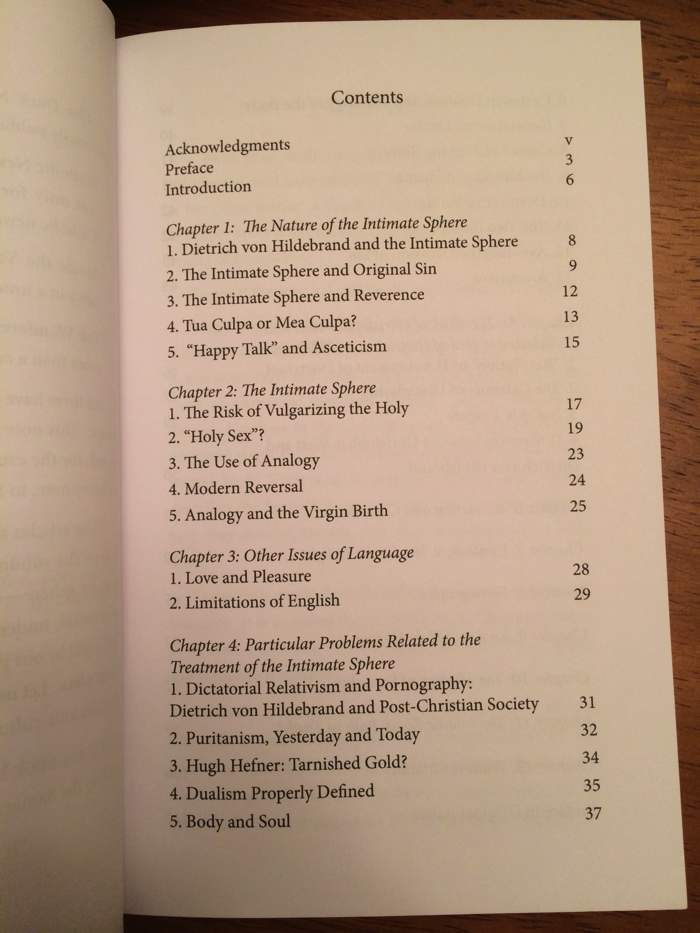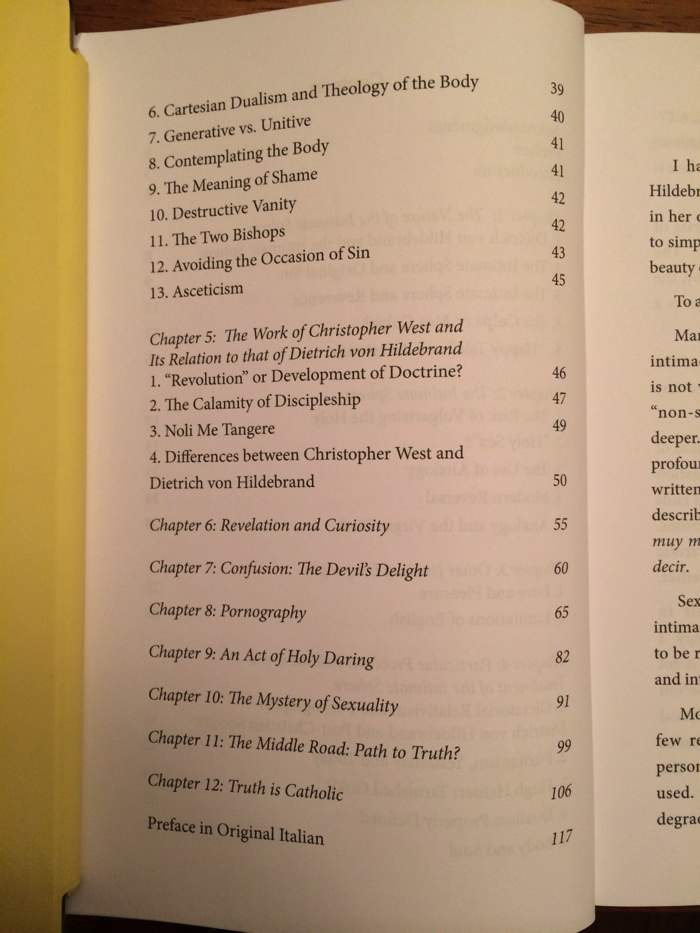 The Catholic Angler
An Interview with Thomas Howard
A longtime friend of
The Catholic Angler
An Interview with Thomas Howard
A longtime friend of Touchstone
and himself a model
of the “ecumenical orthodoxy” and “mere Christianity”
we strive to represent, Professor Thomas Howard has brought many—Catholics
as well as Evangelicals—to a deeper understanding of the treasures of
the historic church through his writings and personal influence.
A graduate of Wheaton College and New York University, Professor
Howard taught for many years at an Evangelical college until he became a Roman
Catholic in 1985. From then on until his retirement he taught English at St.
John’s Seminary College, the seminary of the archdiocese of Boston.
He has written several books, on both religious and literary subjects,
beginning with Christ the Tiger,
a sort of spiritual autobiography,
in 1967. Since then he has written seven more books, including Evangelical
Is Not Enough; Lead, Kindly Light,
the story of his conversion to Catholicism;
and most recently On Being Catholic.
He has also written studies of
the novels of Charles Williams and C. S. Lewis, notably The Achievement
of C. S. Lewis
and C. S. Lewis, Man of Letters.
Ignatius
Press, the publisher of On Being Catholic,
also distributes a videotape
series of 13 lectures by Professor Howard on “The Treasures of Catholicism.”
Professor Howard was interviewed by senior editors Patrick Henry Reardon and
David Mills while at Trinity Episcopal School for Ministry to teach a weeklong
course on the novels of C. S. Lewis. The interview has been edited for
clarity and completeness, but the oral style has been retained.
--------------------------------------------------------------------------------------------------------------------------
Touchstone: One of the things C. S. Lewis is now notable for
is his intellectual dissent from, in a way his assault on, feminism. I mean
not the ordination of women as in his essay “Priestesses in the Church?”
but the feminist ideology in general.
Thomas Howard: That’s one of those questions that has
to be chased all the way through the corpus of Lewis’s works, because,
obviously, feminism as such was not then a major or articulate force. He wrote
the essay “Priestesses in the Church?” because the question had
surfaced in a mild Anglican sort of way, but there was nothing very imminent
about it.
Lewis presents a view of reality at a polar extreme from the frame of mind
that ends up demanding ordination of women as presbyters. Obviously, he believes
in hierarchy, but it’s not a hierarchy of power, which seems to be the
feminist understanding. The whole discussion of priestesses in the last thirty
years has run along sociological and political lines, with theology dragged
in, when necessary, from the sidelines and various attempts made to rewrite
the Bible to show that St. Paul said you should ordain women as presbyters.
In Lewis, you get a vision of things—of everything—in which the
whole question of masculine and feminine is a subdivision of tremendous, prior
considerations that he understands to characterize the universe. Lewis felt
that those categories are of the very stuff of the universe, prior to male and
female. Male is the way masculinity exhibits itself under biological species
or terms, and female is the way femininity manifests itself under biological
species.
For him, hierarchy is obviously the way the dance is choreographed, or the
way the map of the universe is drawn. He points out in one place that in a hierarchy
one has the duty of obedience to those above one in the hierarchy and the duty
of magnanimity and stewardship and
noblesse oblige to those below one.
I seriously doubt that Lewis would use the words “above” and “below”
with respect to masculine and feminine, because they don’t apply. They’re
the terms of people who can only think of a dance in terms of power—which
makes for a pretty poor dance.
The
locus classicus for his view of gender is, I think, the scene
toward the end of
Perelandra when Ransom sees the two eldila: Perelandra,
who is feminine, and Malacandra, who is masculine. The feminine eldil, Perelandra,
participates in equal majesty, dignity, authority, and so on, with the masculine
figure, Malacandra, but she has a receptiveness, a nurturing side. All these
words have become buzzwords now, but they weren’t when Lewis wrote them
in the 1940s.
I think he would feel that it’s turning things upside down to try to
come at the mystery of femininity and masculinity with a power glint in one’s
eye, or with an egalitarian, calculating set of categories to try to even up
the slices of the pie.
You see this mind in That Hideous Strength.
TH: There’s a sense in which the entire book
That
Hideous Strength is a document in the case. Jane Studdock is clearly deeply
confused at the beginning of the book in her effort to avoid being thought of
as “little wifey”—and who wants to be thought of as little
wifey? Fairy Hardcastle calls her that.
But she doesn’t want to be identified with what she would think of as
stereotypes, but which are actually archetypes, having to do with womanhood
and being wife or mother, etc. She is an intellectual, she is writing her dissertation
on John Donne’s “triumphant vindication of the body,” and
yet poor Jane is a Gnostic without knowing it. She hasn’t got a
clue
about the vindication of the body. She doesn’t know that her body will
turn out to be virtually Mark’s salvation, not just because he remembers
her with lust or concupiscence in the toils of Belbury, but because it is her
womanhood that stands with clarity and truth and good sense and resilience and
toughness over against the bottomless deception and disintegration that is Belbury.
It is Jane
embodied, not just the idea of Jane, not just Jane’s
intellect—far from it—but Jane as his
spouse that saves
Mark. And, of course, the very last paragraph of the book is, in one sense,
the beginning. We have now come up to the real beginning of the marriage. Mark
is about to be saved. He has escaped hell, and Jane is to be his salvation.





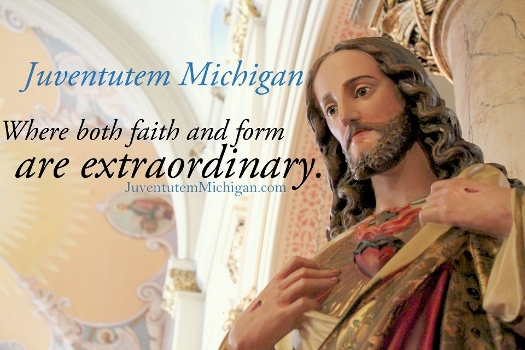
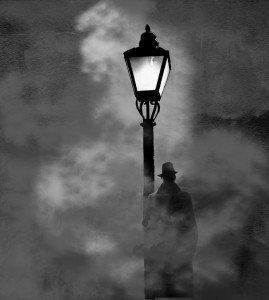 The underground correspondent we keep on retainer in an Atlantic seaboard city that knows how to keep its secrets,
The underground correspondent we keep on retainer in an Atlantic seaboard city that knows how to keep its secrets, 

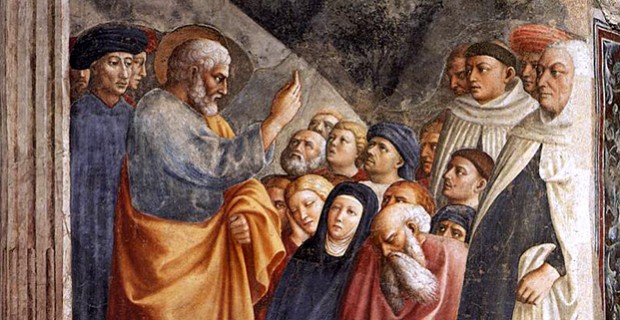
 It’s not a persuasive reading of Pope Francis. The pope calls himself “a son of the Church,” whose teachings are “clear.” But Goodstein’s is not an implausible reading.
It’s not a persuasive reading of Pope Francis. The pope calls himself “a son of the Church,” whose teachings are “clear.” But Goodstein’s is not an implausible reading.

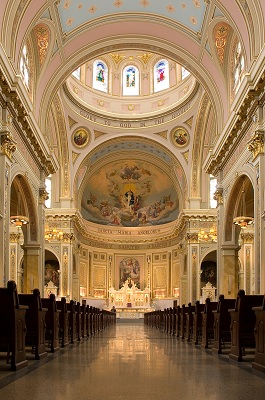
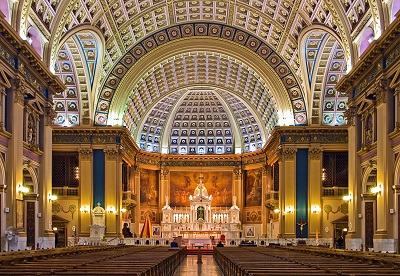
 Anyone who looks into the history of the Divine Mercy Devotion, as well as
Anyone who looks into the history of the Divine Mercy Devotion, as well as 
